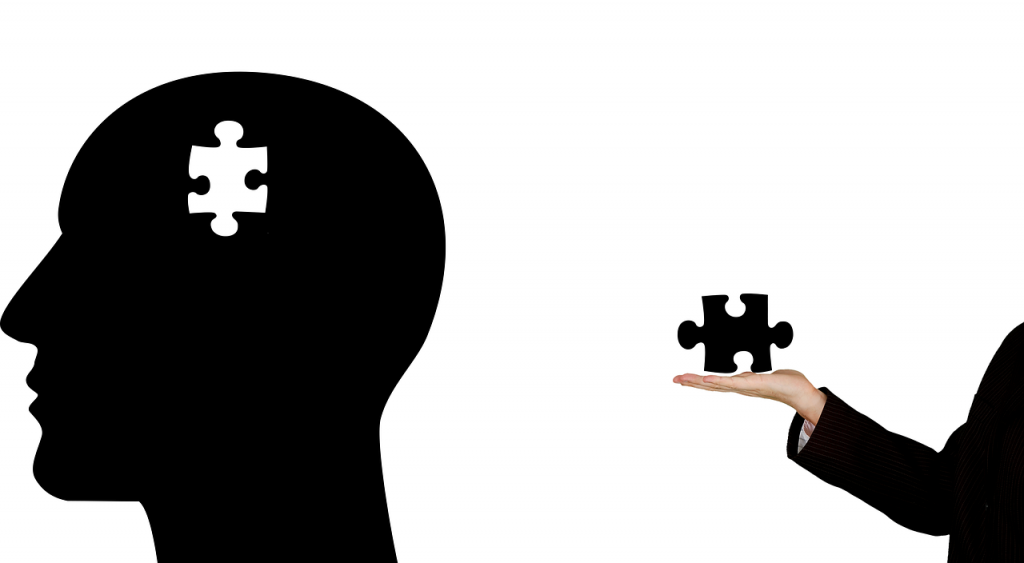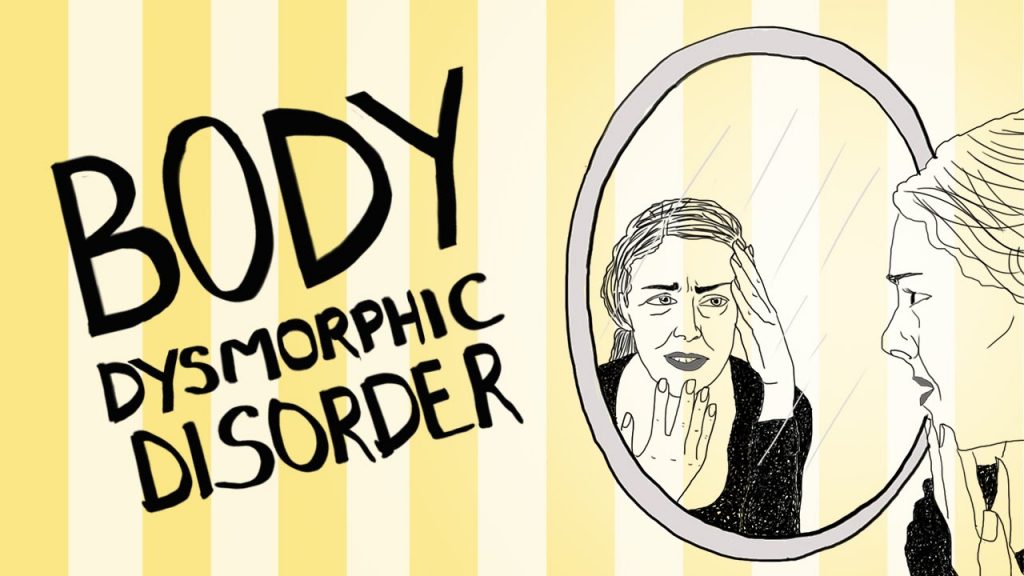
Even with our best intentions at heart, expressing support for our loved ones with mental health problems can be tricky. We can only know so much about what they are going through, and because of this, some of our efforts do not necessarily translate to the best courses of actions. However, this should not discourage any of us from reaching out. All it takes is a better understanding of how we can be there for the people we hold dear. Here is a guide to offering your support to someone battling mental health issues.
Know More About Their Condition
As with a lot of pursuits, knowledge comes before action – and being a better friend is no exception. To get a better understanding of the situations, they are going through; it helps to know as much as you can about what they’re going through. From knowing its formal definition, to how this manifests itself into someone’s day-today, doing so – in a way – places you in their shoes. It will help you to be more mindful of the things that will be helping them. As well as what will not be helpful for your friends to get better.
Validate What They Are Saying
Someone struggling with emotions and experiences that are hard to process can feel like they are alone in the battle they are facing. In these times, the warmth of hearing “I understand” or a “your feelings are valid” can ease them a lot and make them feel less alone.
According to Dr. Lindsay Macchia, an associate psychologist at the Child Mind Institute, “Validation communicates to another person that their emotions make sense given the context they are in.” She adds that “Even if you have never been in that particular situation or felt an emotion quite as strongly, validating your friend shows that this is not an ‘overreaction’ or an ‘underreaction.’ It is how they feel, and that is perfectly acceptable.”

Let Them Share As Little Or As Much As They Want To
In our desire to know how they feel and how they are doing, we sometimes can place a lot of pressure on the people we love. Understand that letting their guard down and talking about their deepest worries and feelings takes immense levels readiness and trust – both of which do not come right away. Never rush them into opening up, and let them do so in a moment and place where they feel comfortable expressing themselves.
Continue reading A Guide To Supporting Someone With Mental Health Problems





